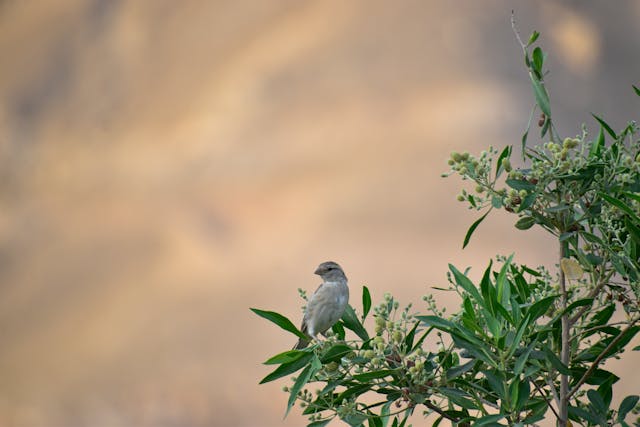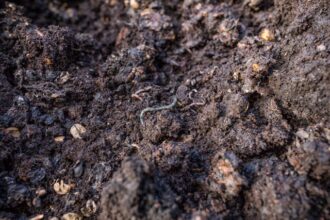A small bird species, the Japanese tit (Parus minor), uses wing movements as a gesture to convey the message “after you,” according to new research at the University of Tokyo. When a mating pair arrives at their nest box with food, they wait outside on perches. One will often flutter its wings toward the other, seemingly indicating the latter to enter first. This discovery challenges the belief that gestural communication is mainly observed in humans and great apes, significantly enhancing our understanding of visual communication in birds.
Gestures such as a thumbs up, waving goodbye, or pointing to a book on a shelf are fundamental aspects of human communication. Previously, these gestures were considered exclusive to humans until studies on great apes like chimpanzees and bonobos showed they also use body movements to communicate non-verbally. Recent studies on other species, including ravens and fish, have demonstrated that they employ simple gestures to indicate objects or express interest, known as deictic gesturing. However, symbolic gestures that involve more complex cognitive skills, like extending an open hand to signal “after you,” were believed to be absent in animals other than humans.
Researchers at the University of Tokyo were thus astonished to find concrete evidence of symbolic gesture usage by the Japanese tit. Associate Professor Toshitaka Suzuki from the University of Tokyo shared that after studying these birds for over 17 years, focusing on their diverse vocalizations and use of syntactic rules to combine different calls, the team initiated research into their use of physical gestures. During the spring, Japanese tits pair up and build their nests inside tree cavities. Suzuki and his colleague, Norimasa Sugita, observed 16 parent birds (eight pairs) in nest boxes. They noticed that while delivering food to their nestlings, the birds would perch nearby, and one would flutter their wings at the other. Detailed analysis of over 320 nest visits revealed that this wing-fluttering gesture encouraged the recipient to enter the nest box first, establishing a sequential order similar to the polite human gesture of “after you.”
Suzuki explained that the gesture’s significance was more apparent than anticipated. It occurred exclusively when a mate was present, and almost invariably, the mate entered the nest box first after seeing the gesture. The gesture was more frequently performed by female birds, leading to the male entering the nest box subsequently, regardless of who arrived first. If the female did not flutter her wings, she generally entered before the male.
The researchers assert that this behaviour meets the criteria for being considered a symbolic gesture as it only occurs in the presence of a mate, ceases once the mate has entered the nest box, and prompts entry without physical contact. Moreover, the wing-fluttering “after you” gesture targets the mate rather than the nest box, distinguishing it from a deictic gesture that indicates the position of an object.
Suzuki further hypothesized that just as bipedalism in humans might have facilitated gestural communication by freeing the hands, perching frees birds’ wings, potentially enabling gestural communication. The team aims to continue exploring how birds communicate through gestures and vocalizations. This research not only helps decode the complex world of animal communication but also provides insights into the origins and evolution of human language.
More information: Toshitaka N. Suzuki et al, The ‘after you’ gesture in a bird, Current Biology. DOI: 10.1016/j.cub.2024.01.030
Journal information: Current Biology Provided by The University of Tokyo








